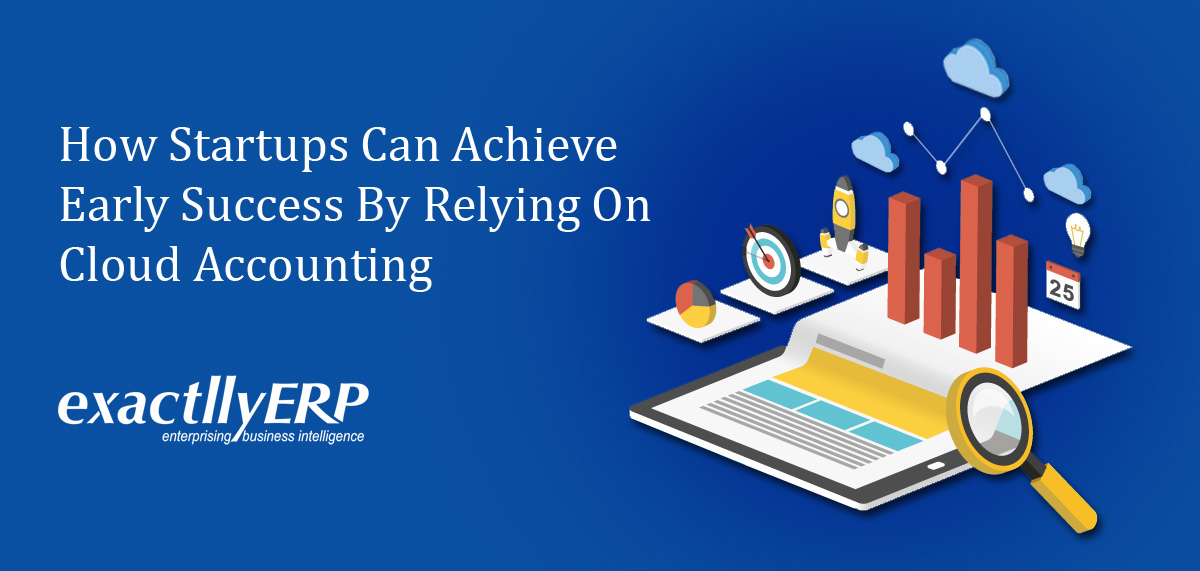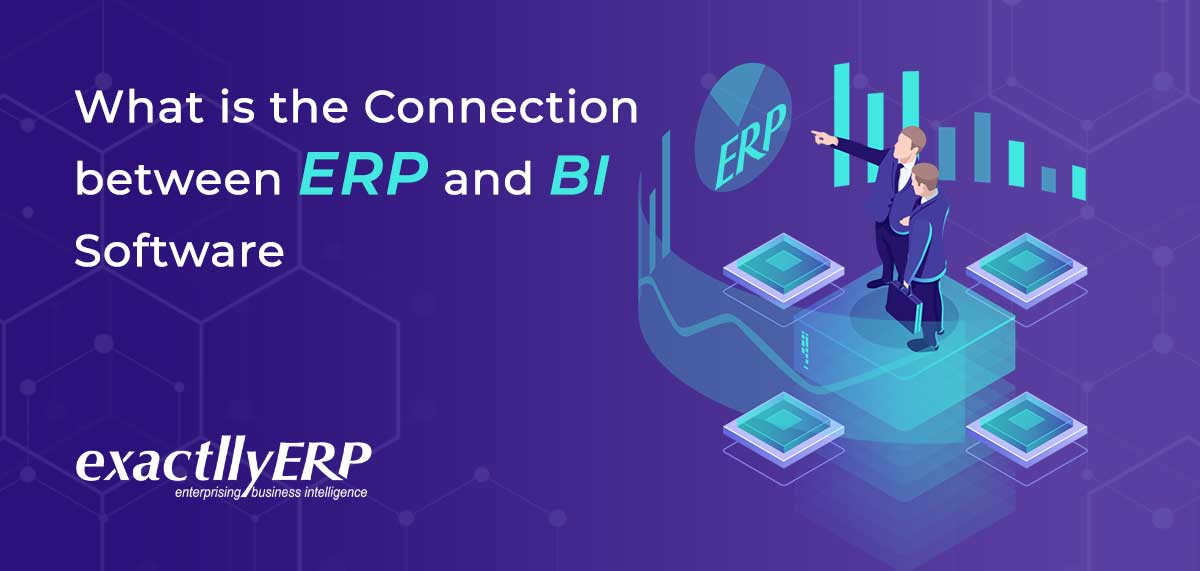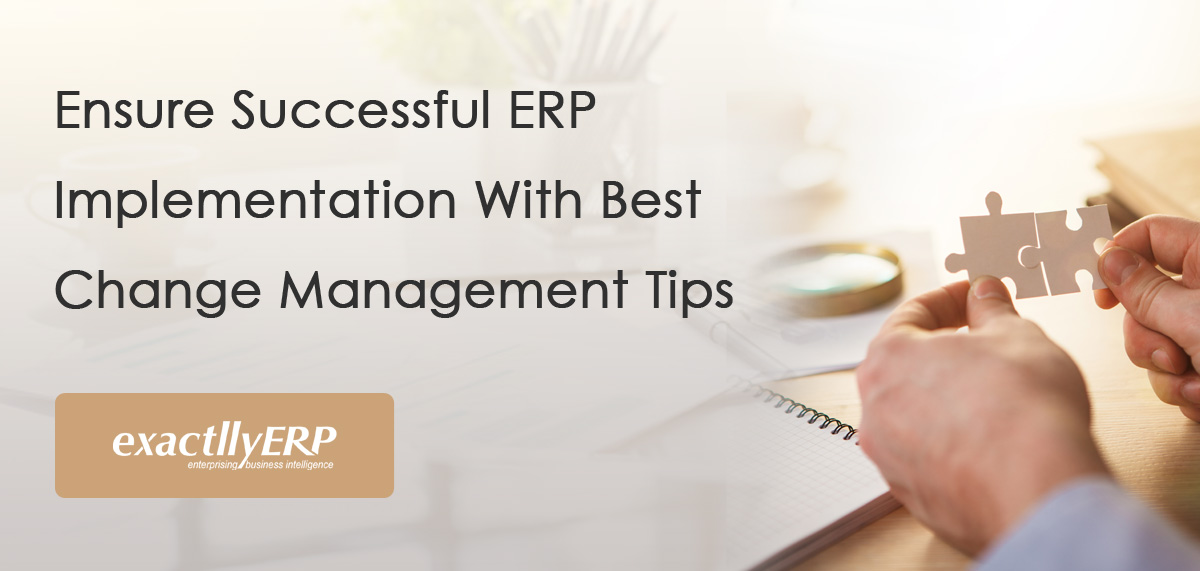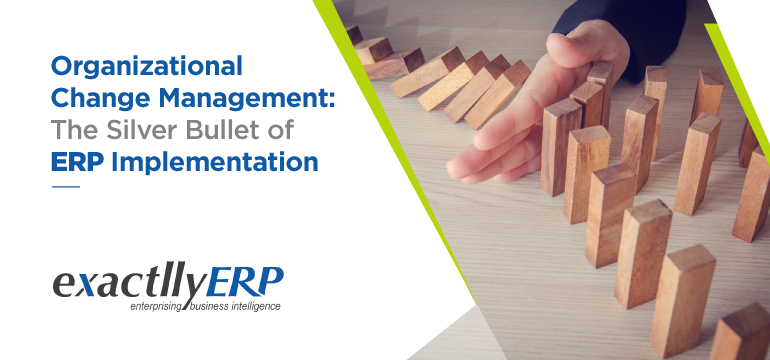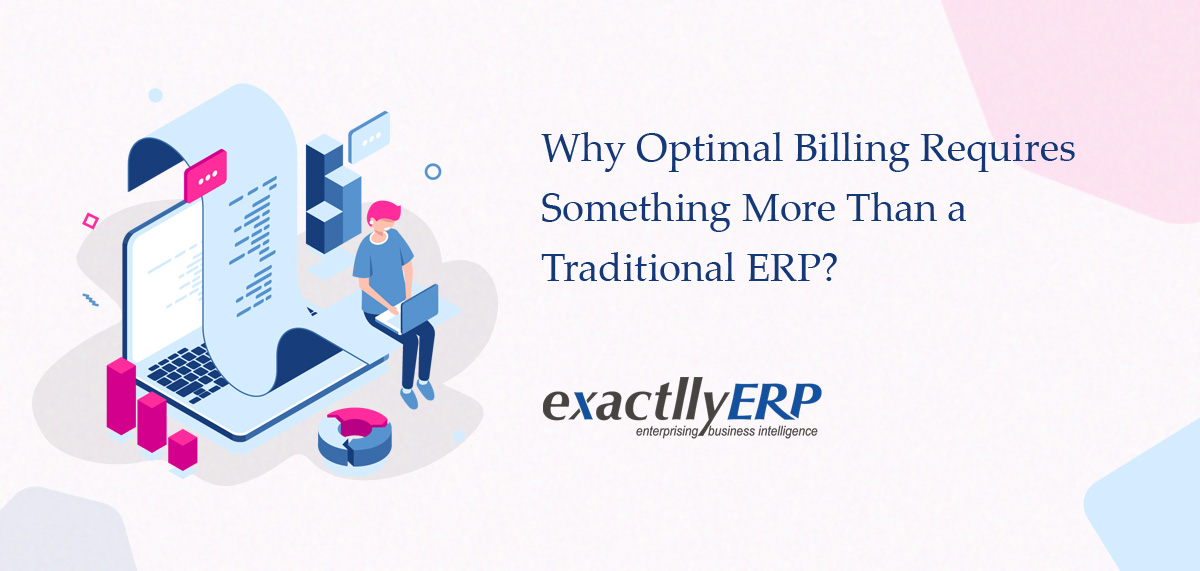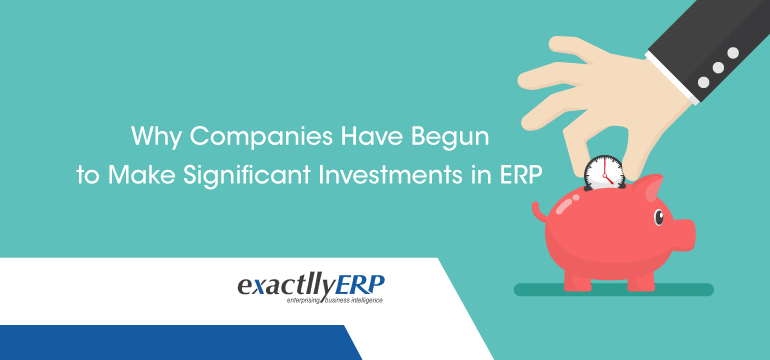How ERP Can Play a Key Role in Digital Transformation
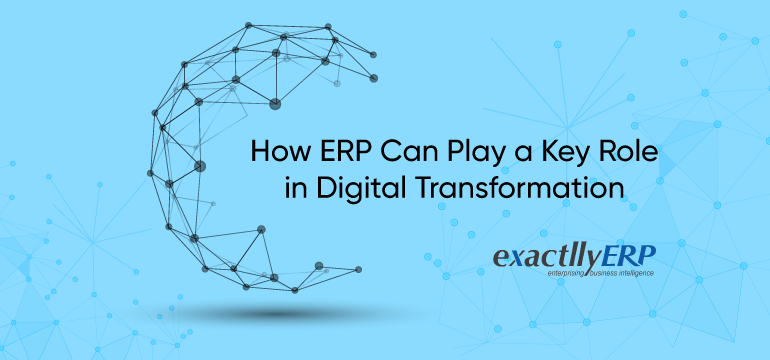
While moving forward on the path of technological progress for your business, you might have faced this choice at one point or the other: ERP or digital transformation? For many, these are two mutually exclusive paths that do not intersect.
However, in reality, the two are closely interrelated. Digital transformation has played an important role in changing the landscape of ERP. At the same time, ERP has also played a key role in the transformation of organizations. Let’s see how.
What is Digital Transformation?
Digital transformation, as the name suggests, is a comprehensive transformation of business activities into the digital arena. It is aimed to fully leverage the new digital technologies that are disrupting the market, as well as taking into account the impact these technologies have on the consumers.
Uber is a well-known example of digital transformation. The access to the internet on mobile devices and the popularity of mobile apps led to the rise of mobile-based cab services, which disrupted the entire transport industry.
While digital transformation is typically associated with industrial growth, it can also be applied to government domains like law enforcement, legislature and other government initiatives. In some countries, digital transformation has surpassed the industry vision and aims at the society vision, which tries to transform the day-to-day lives of common people digitally.

How does ERP Impact Digital Transformation?
- Social Impact –
Enterprise Resource Planning tools can have extensions into social media platforms. This might seem like a trivial change, but it has far-reaching implications. Social platforms are an integral part of the digital transformation, one of the key components that have allowed users to go digital. ERP can leverage that by having extensions into the social accounts of users. That way, the digital transformation of users on social platforms is no longer a leisure activity, but a business opportunity that you can use for your benefit using ERP.
- Rise of i-ERP –
i-ERP, or intelligent ERP, is the future of ERP tools. The existing ERP technology is proving to be incompetent to fulfil the growing requirements, and more is needed. i-ERP can fulfil this, but it cannot be achieved alone. New functionalities such as analytics are needed.
The data needed for this can be extracted from the digital transformation of users and the overwhelming data they share on the internet. By bridging the gap between businesses and users, i-ERP can use digital transformation to perform analytics on user data and churn out better results than their existing counterparts.
- Cloud-Based ERP –
A very efficient trump card ERP has in its deck is cloud-based services. The usual benefits of cloud-based ERP are well-known. It allows for easy access to ERP by anyone, as well as better utilization of resources.
Cloud-based ERP can accelerate transformation by digitally acting as an extension of the main ERP infrastructure. It allows the extension to leverage digital transformation aspects like social platforms without utilizing the main infrastructure. Furthermore, it also minimizes the risk. Since cloud-based ERP only acts as an extension, it can work freely and any damage to it won’t affect the main ERP infrastructure.

- Competition to do better –
Digital transformation has enabled companies to create multi-faceted tools. For a long time, ERP vendors were happy with what they had and had no motive to improve; at least, not at the rate that was required.
However, transformation accelerated that need to encompass multiple technologies into a single tool, making all major vendors strive to develop better ERP tools. The better tools, in turn, further facilitate the rate of transformation digitally. It is a process that benefits both.
- Better Integration –
Like we mentioned, more vendors are incorporating multiple features into a single tool. Salesforce, for example, started integrating ERP functionalities into their CRM tools. As you can guess, an integrated ERP-CRM tool would be better (at both implementation and deployment stages) than individual tools. The same can be said for other technologies being integrated with ERP.
All of this contributes to making ERP better at doing what it does. In turn, it speeds up the digital transformation of organizations. Businesses will have access to more technologies in the same package with ERP, which will make them more digitally transformed.
- More Extensions, better results –
So we have talked a lot about extensions here, but why exactly do we need them in ERP? Well, ERP has traditionally been used as a stable tool, meant to perform the tasks it was designed to do without caring about anything else. This cannot be the case anymore.
Extensions like social platforms, cloud and analytics are necessary to provide a wider range of functionality to ERP tools. When we achieve this, it naturally speeds up the digital transformation of organizations.

Scalability
Perhaps one of the most important ways by which ERP can impact digital transformation is by being scalable. Technological advancement is exponential today, and new features and tools are introduced rapidly.
Organisations cannot afford to replace a comprehensive tool like ERP even if better options are available. However, if the ERP is scalable, then the need to replace is substituted by the need to upgrade, which is far easier. Upgrades also ensure that the latest features are accessible to you, which contribute to further digitalizing your business.
Conclusion:
Digital transformation is not strictly about IT solutions or even industrial solutions at that. But IT solutions form the core driving factor behind the comprehensive transformation. This is why ERP, one of the most important pillars of industrial IT solutions, can be a key component in accomplishing the complete digital transformation of businesses, thereby offering greater synergies in the long run. Wants to know more about exactllyERP? Feel free to Contact Us and get a Free Demo.


